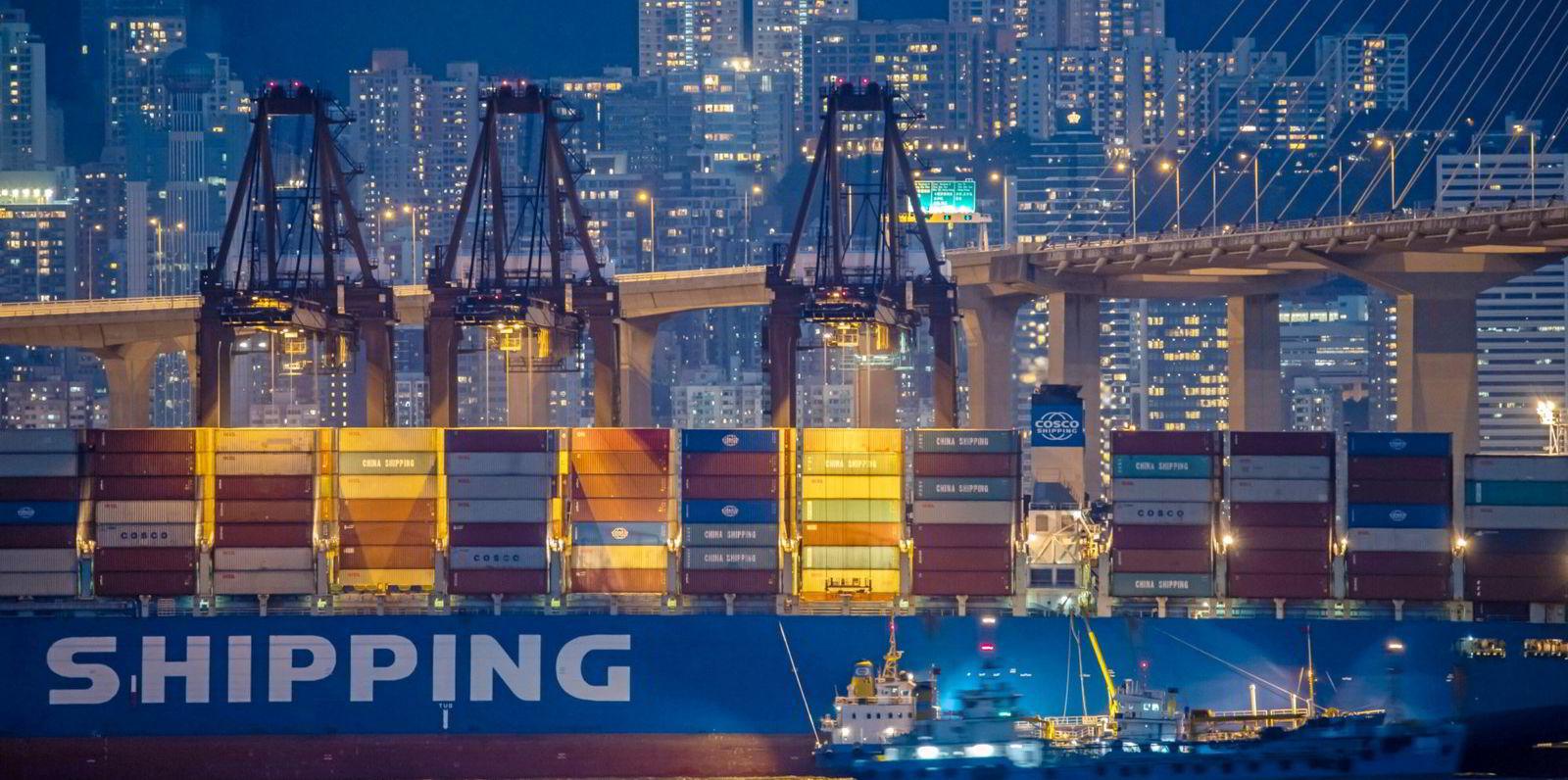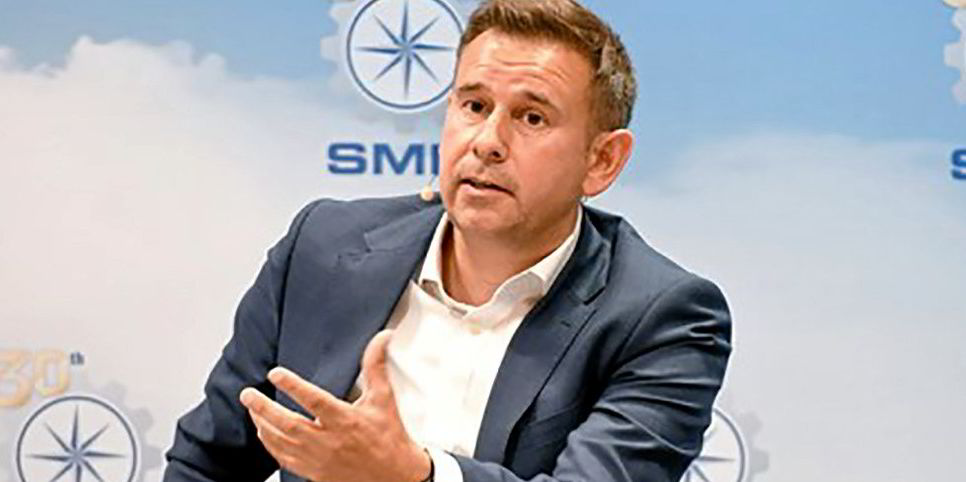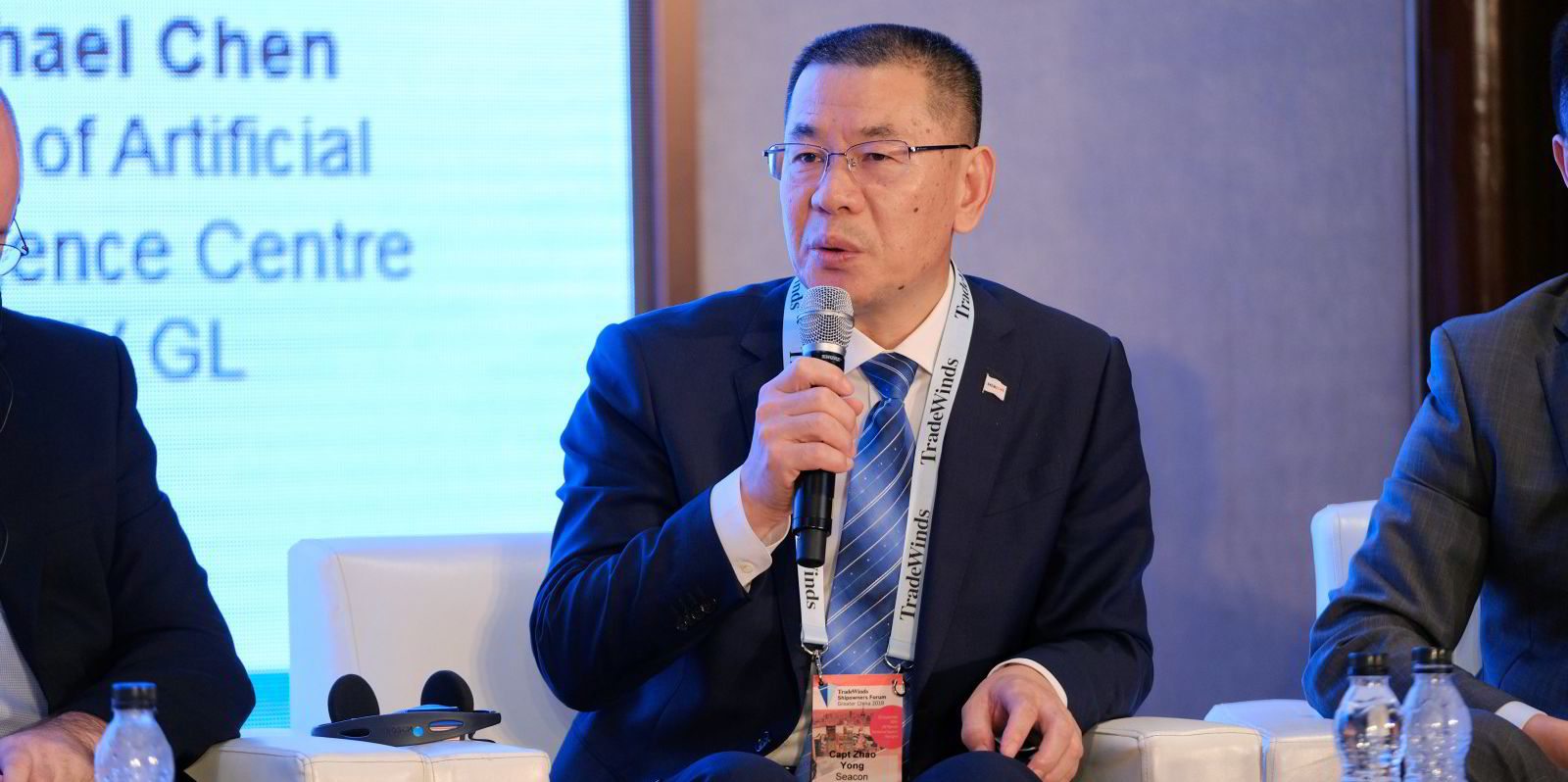China’s flourishing shipowners are increasingly using third-party ship managers as they navigate ever more complex regulations and invest in more sophisticated tonnage.
Singapore’s Synergy Marine Group said Chinese shipowners represent a growing share of its mixed fleet of more than 600 vessels.
“We are receiving more interest from leasing companies in China as they expand their shipping portfolios, sometimes with government or banking support,” a spokesman told TradeWinds.
“They often have long-term charters in place, and this lends itself naturally to partnering with a ship management company.
Record and reliability
“As the Chinese ship leasing and financing sector expands, we expect it to lean heavily on third-party managers.”
Carl Schou, CEO of Wilhelmsen Ship Management, said Chinese owners are only a small part of its business at the moment. However, his company has received a growing number of enquiries in the past few years, especially related to more complex segments such as cruise, LNG and car carriers.
“We don’t think the Chinese owners are any different from other owners in terms of selecting a preferred ship manager,” Schou said.
“Track record and reliability remain the highest criteria. Having said that, ship management is a relationship-based business, so it is crucial to have a local presence with local employees that present a continuous presence in the geographical location.”

Wallem Group chief executive John-Kaare Aune said that as a diversified ship management, ship agency, crew management and commercial service business, it engages with China’s maritime sector across its mix of state-owned enterprises, private companies and leasing houses.
“The market itself is diverse and dynamic and demands the flexibility to adapt quickly to economic trends, market conditions and changing government policies,” he told TradeWinds.
Aune said Chinese owners are renowned for requiring high-quality services at the right cost, but they also want to work in lasting partnerships.
“That demands transparency from their ship management partners, as well as a willingness to learn from the owner. Based on a long tradition, these characteristics are embedded in the Wallem approach,” he added.
Schou said that Chinese owners are looking for a company that offers the full suite of ship management. However, the contractual time horizon they are seeking varies depending on the owner’s profile.
“Some owners are seeking third-party ship managers as an interim to eventually do it in-house, while some owners, like leasing companies, are seeking long-term ship management contracts,” he explained.
“Also worth mentioning is that we have experienced an increased interest in our European Union Emissions Trading System [EU ETS] compliance offering.
“The new regulation has created a vacuum of uncertainty on responsibilities and commercial impact of passing the carbon allowance cost.”

Synergy said all its shipowners want advice on the EU ETS, and Chinese owners are no different, but these services are always provided as part of a more complete ship management package.
“Many are particularly interested in our ability to achieve emission savings, navigate decarbonisation and use technology to drive performance.”
Synergy said Chinese owners also understand that for more modern ships operating with new fuels, crew skills are critical.
“With more automation and vessel control systems, crew need to be highly trained and very tech savvy,” the company said.
“At the end of the day, Chinese owners understand that it’s individual seafarers that make solutions and processes function efficiently.”

While Chinese owners have historically operated in the more traditional segments such as bulk and tankers, they are moving into more technically advanced vessel types.
“This, in combination with the increasing regulatory requirements, is creating more opportunities for established ship managers that have expertise in very specialised and highly demanding sectors,” said Aune.
“High-spec vessels like LNG and PCTCs [pure car/truck carriers] require specialised technical knowledge during the construction phase, as these vessels invariably come with advanced technologies and systems.
“Our newbuilding supervision team has experienced personnel who cater to these requirements. In the past, Wallem’s newbuilding team has been involved in the delivery of dual-fuel tankers and we are now engaged in supporting Chinese owners in building PCTCs.”
China has become a world leader in shipowning and shipbuilding. Could it one day create a ship manager to challenge the world’s principal companies?
Schou is not aware of any examples today, but it would be “naive to think that this will not happen”.
Aune said that, given the growth of the country’s fleet — in size and by market share — it is fair to say it is “only a matter of time” before a Chinese ship manager emerges as a member of the top 10 ship managers’ club.





